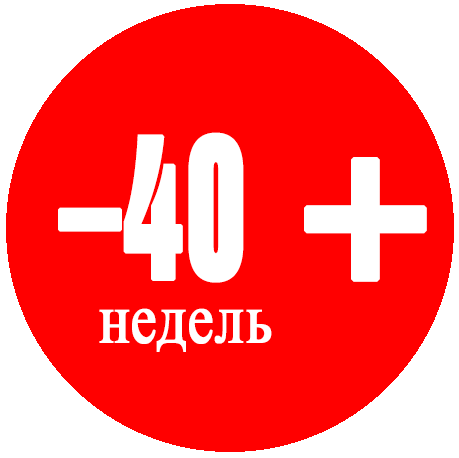| Главная » Статьи » Мои публикации |
Leyla Namazova-Baranova, Md Ahsan Habib, Michael Povey, Kamilla, Efendieva, Olga Fedorova, Marina Fedoseenko, Tatyana Ivleva, Yulia Kovshirina, Julia Levina, Artem Lyamin, Ludmila Ogorodova, Olga Reshetko, Viktor Romanenko, Inna Ryzhenkova, Irina Sidorenko, Yakov Yakovlev, Aleksandr Zhestkov, Vladimir Tatochenko, Michael Scherbakov, Evgeniy L Shpeer & Giacomo Casabona on behalf of the OKAH-182 Russia Study Group. ABSTRACT In Russia, a universal varicella vaccination (UVV) program has not been implemented, and varicella vaccination coverage is low. We assessed the efficacy, antibody persistence, and safety of one- and twodose varicella vaccination schedules in Russian children with a ten-year follow-up period, as part of an international phase IIIB, observer-blind, randomized, controlled trial (NCT00226499). Children aged 12– 22 months were randomized (3:3:1) to receive two doses of tetravalent measles-mumps-rubella-varicella vaccine (V2 group), one dose trivalent measles-mumps-rubella (MMR) vaccine and one dose of varicella vaccine (V1 group), or two doses of MMR vaccine (V0 [control] group), 42 days apart. Main study outcomes were: vaccine efficacy (VE) against confirmed varicella cases, anti-varicella zoster virus (VZV) seropositivity rates and geometric mean concentrations, and reporting of (serious) adverse events ([S]AEs). The total vaccinated cohort in Russia comprised 1000 children; 900 were followed up until study end (year [Y] 10). VE estimates against confirmed varicella (Y10) were 92.4% in the V2 group and 74.7% in the V1 group. Anti-VZV seropositivity rates remained ≥99.4% in the V2 group and ≥89.7% in the V1 group from day 42 post-vaccination 2 until Y10. Occurrence of (un)solicited AEs and SAEs was similar across groups and confirmed the safety profile of the vaccines. No vaccination-related SAEs or deaths were reported. These results are consistent with the global trial results, i.e., the highest VE estimates observed following the two-dose schedule compared to the one-dose schedule. These data may inform decision-making related to potential implementation of a UVV program. | |
| Просмотров: 762 | | |

